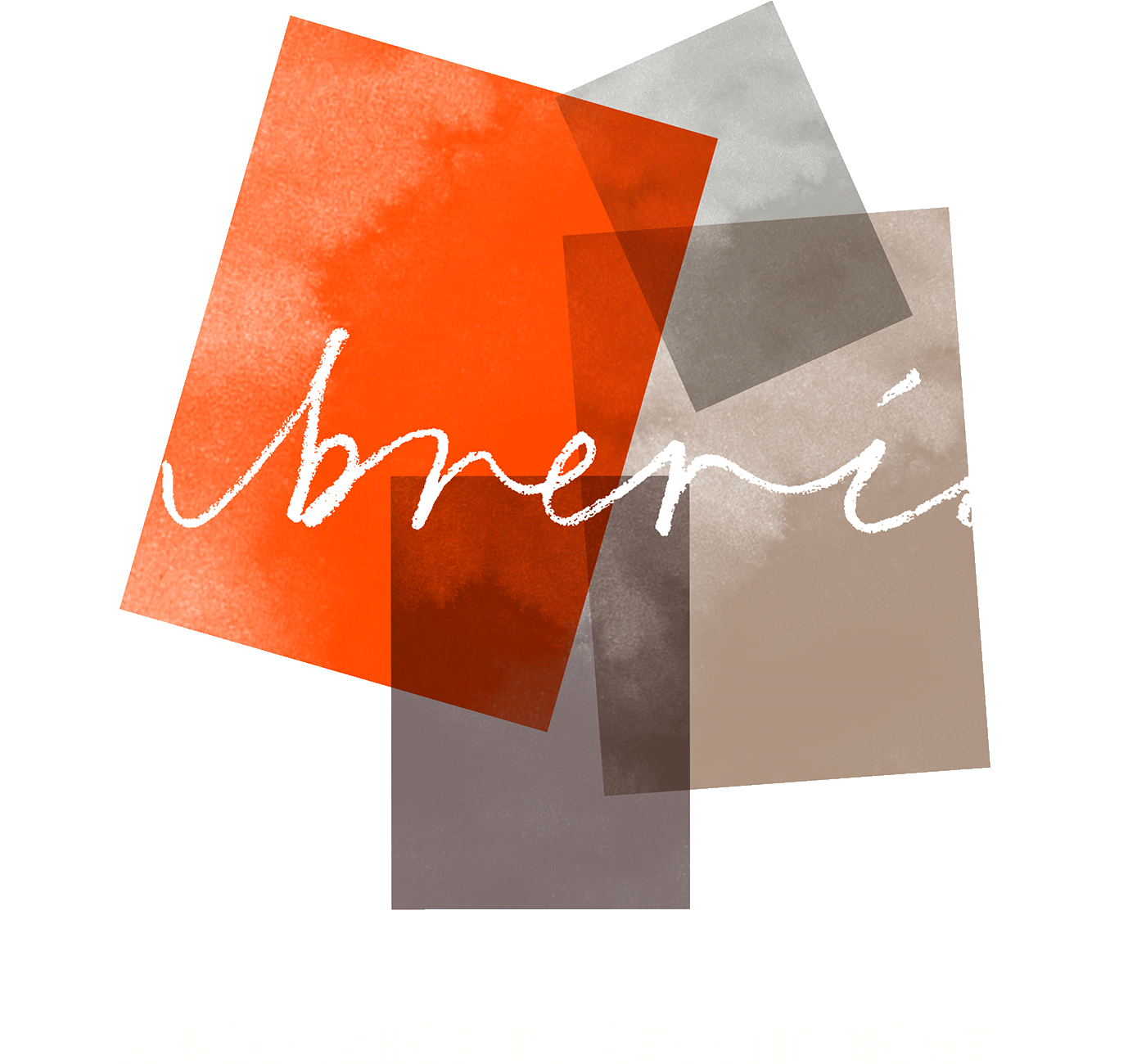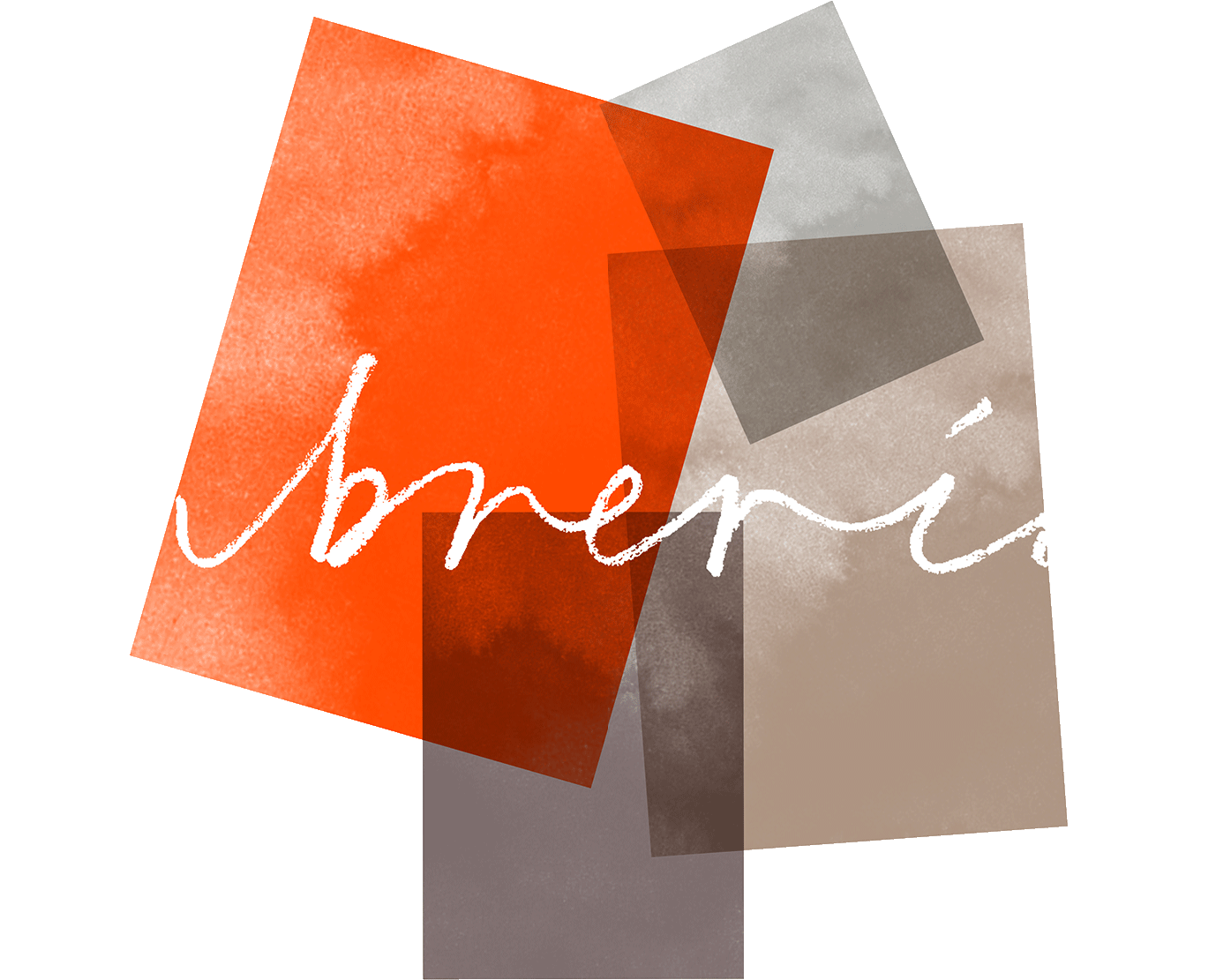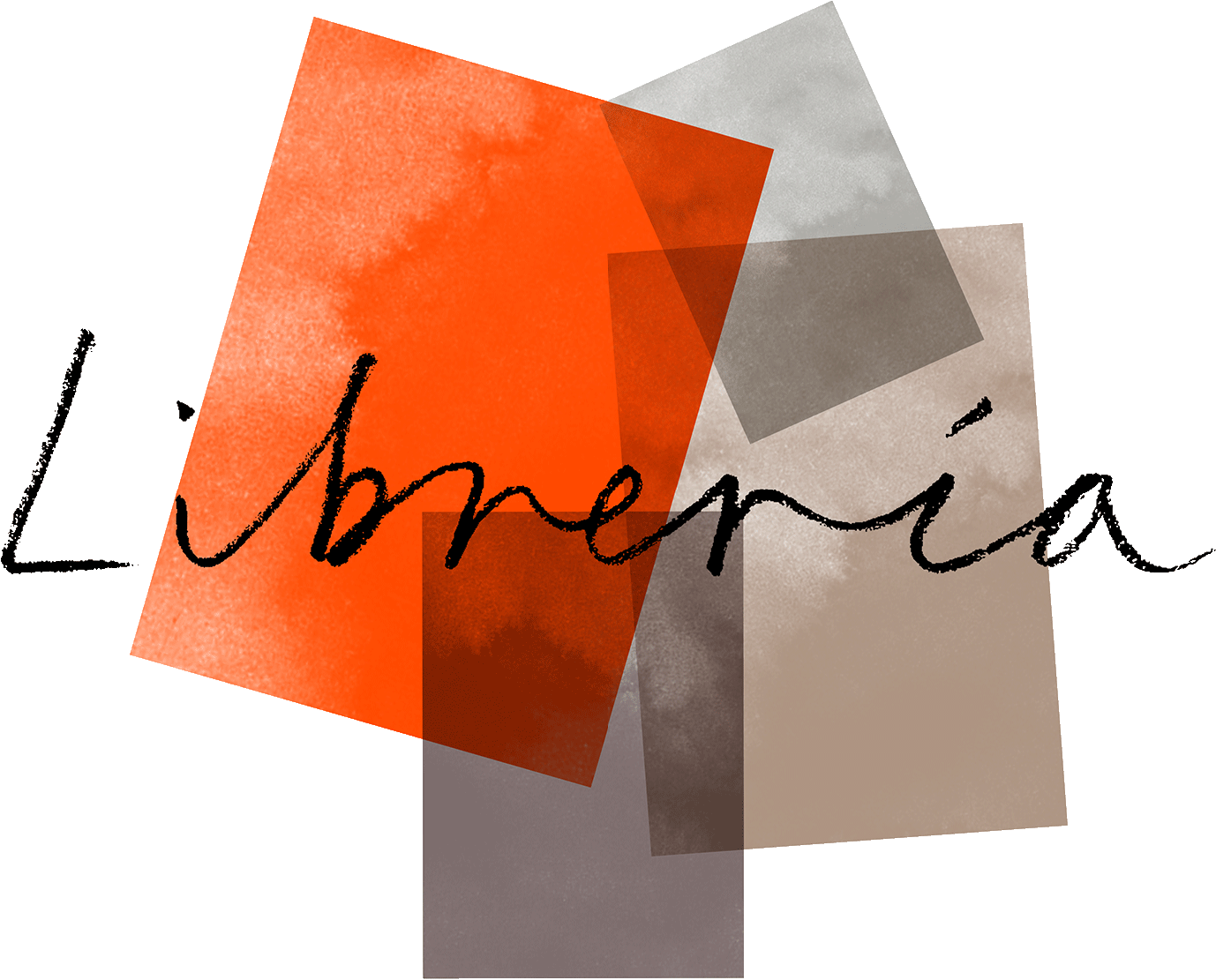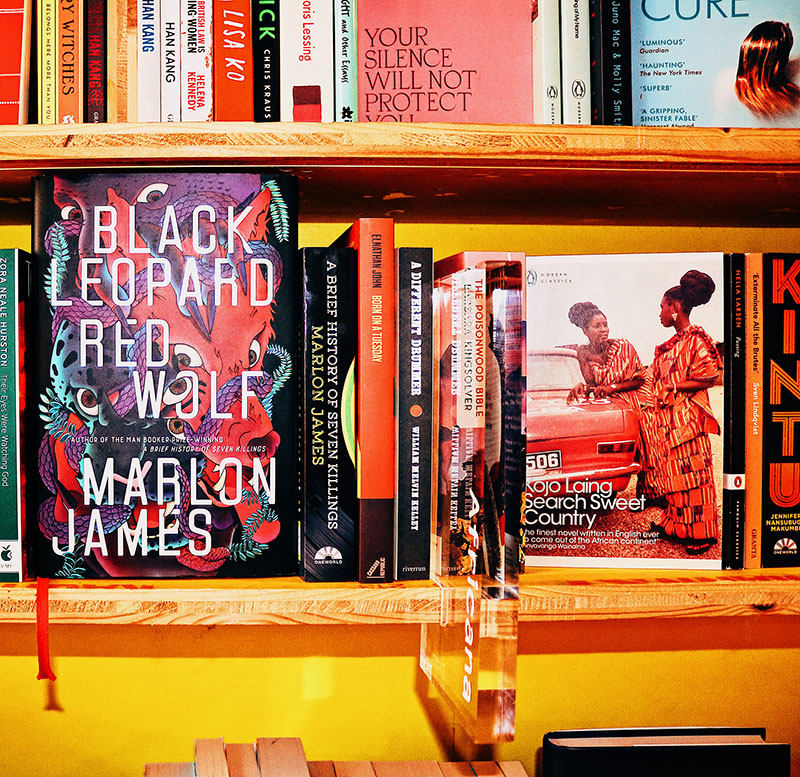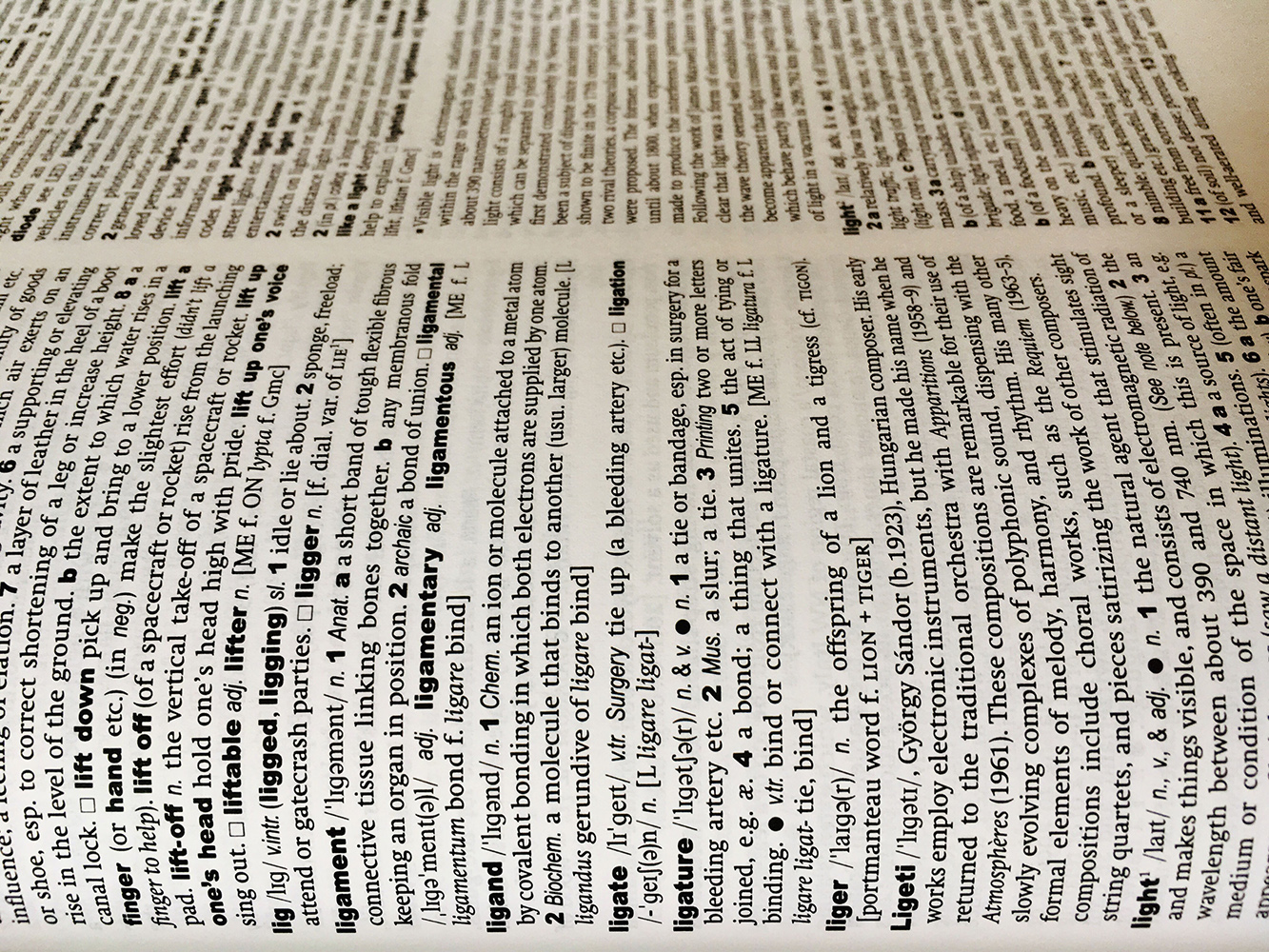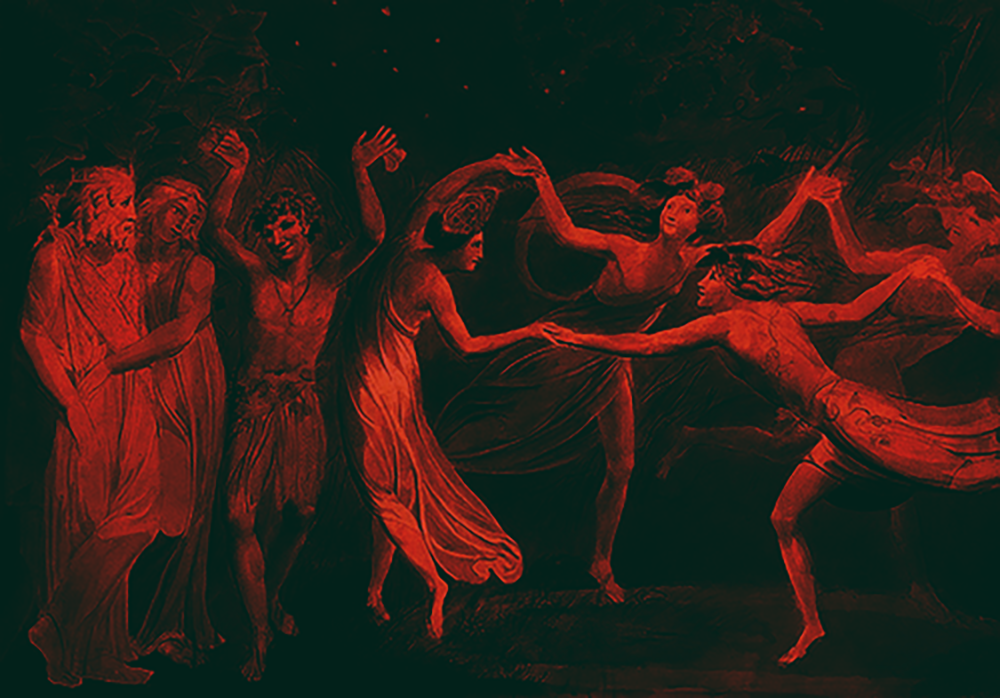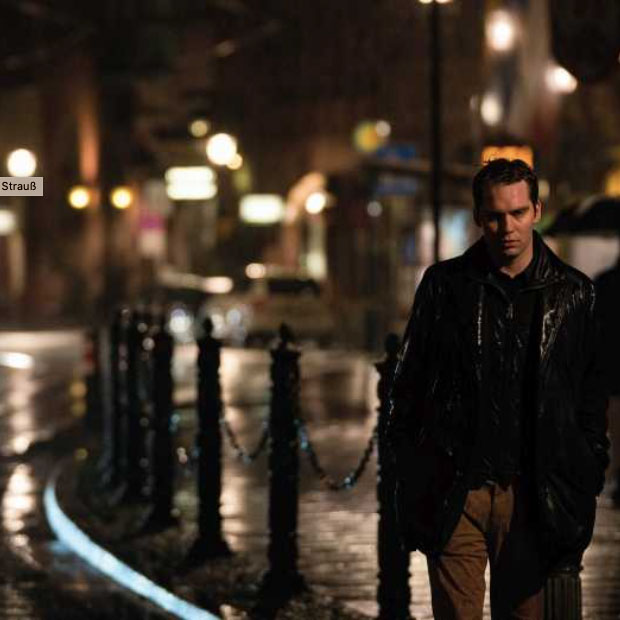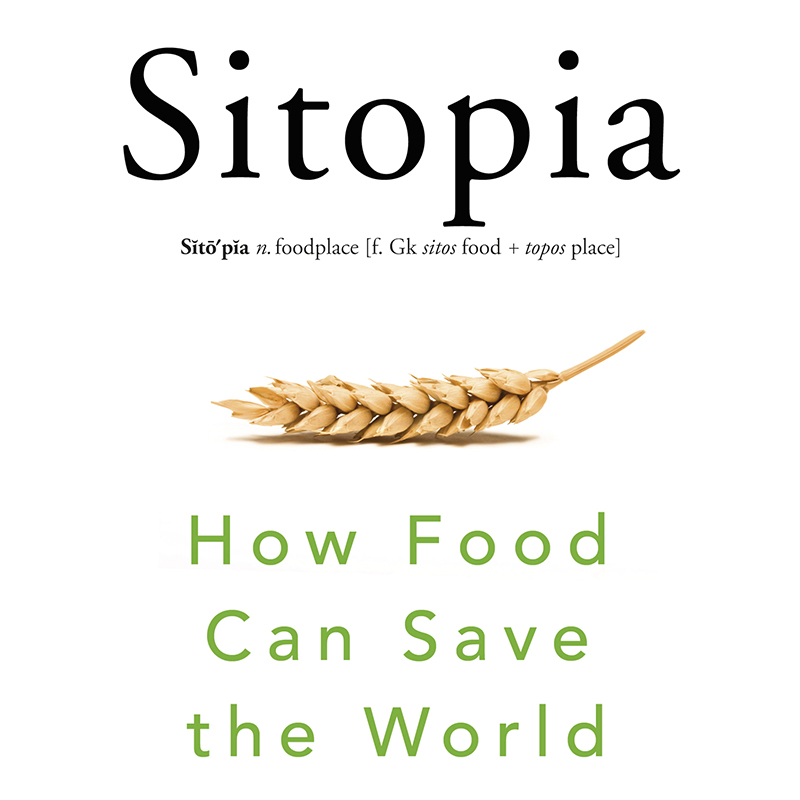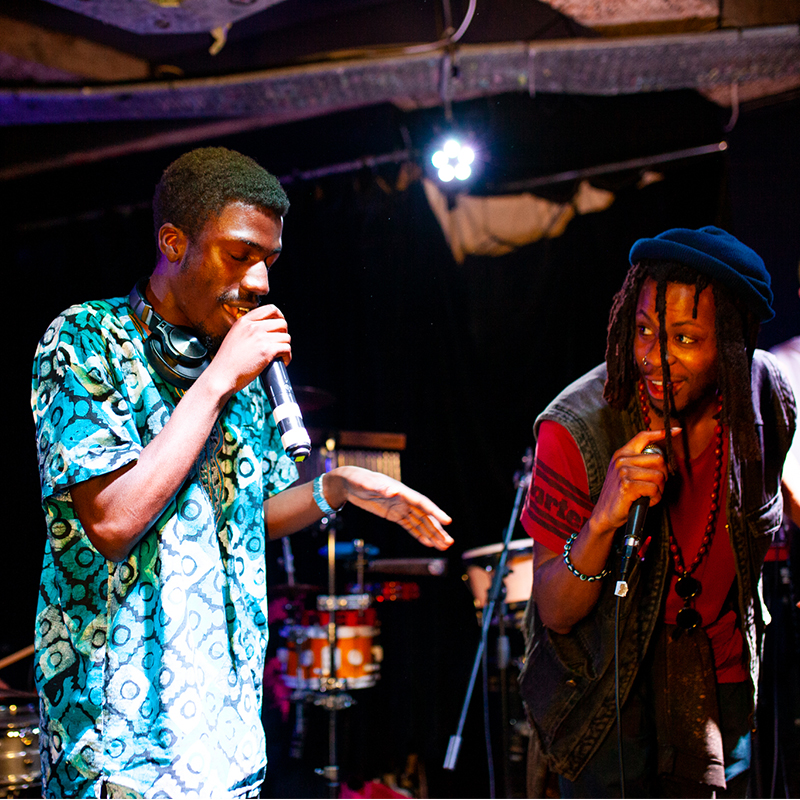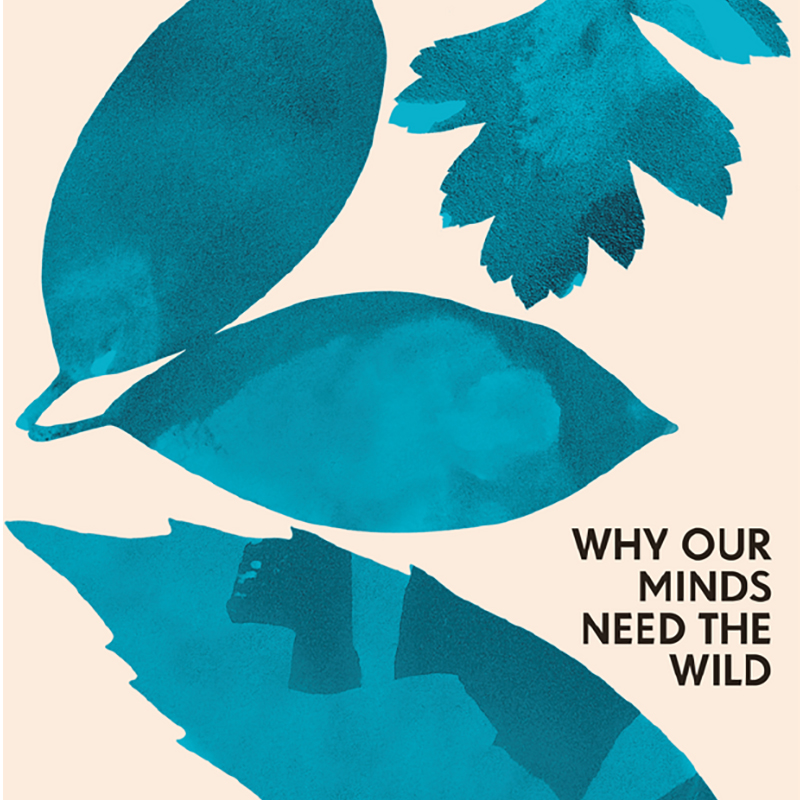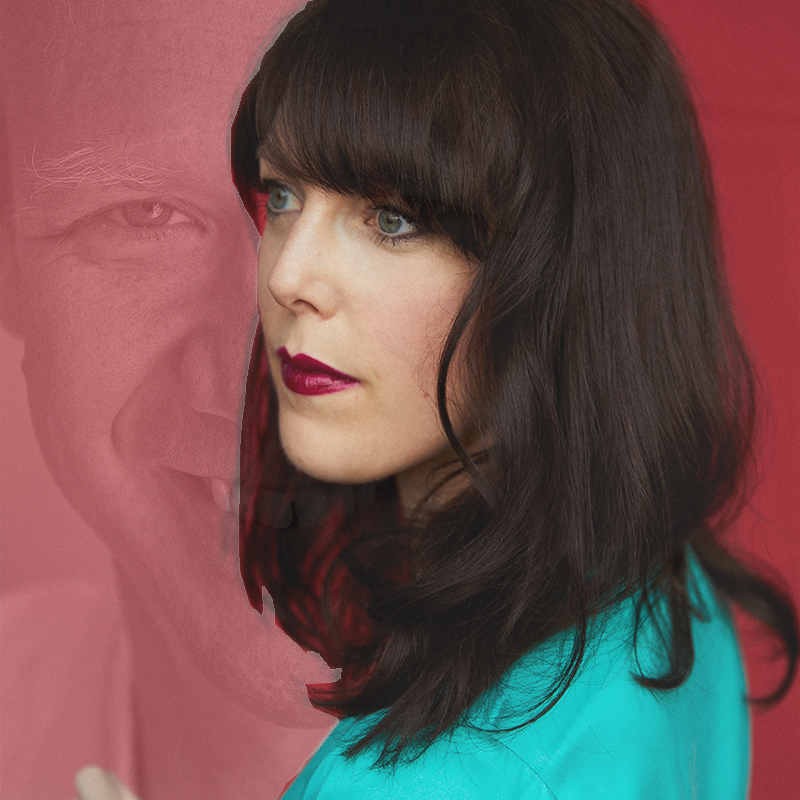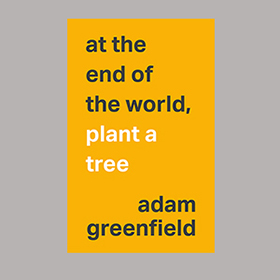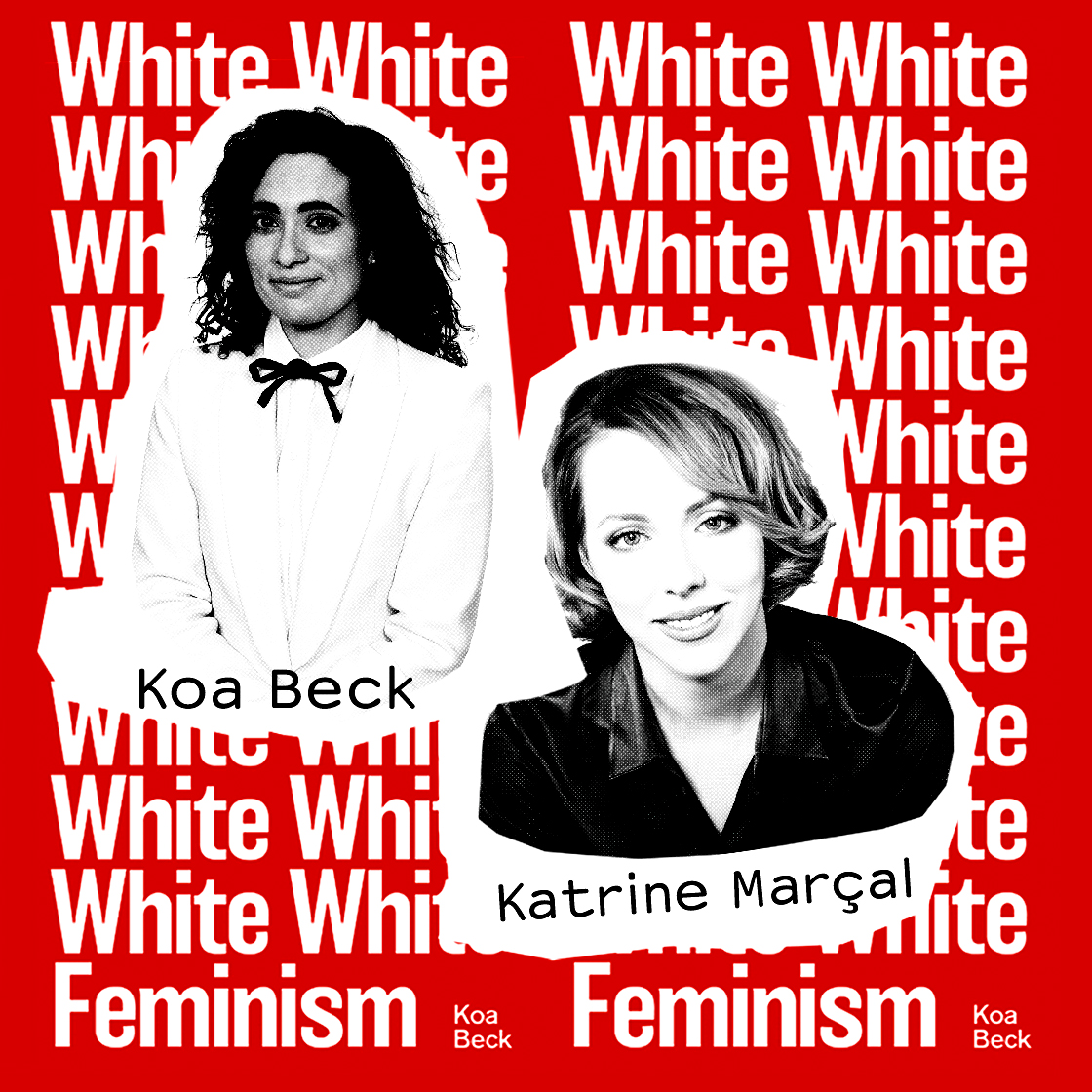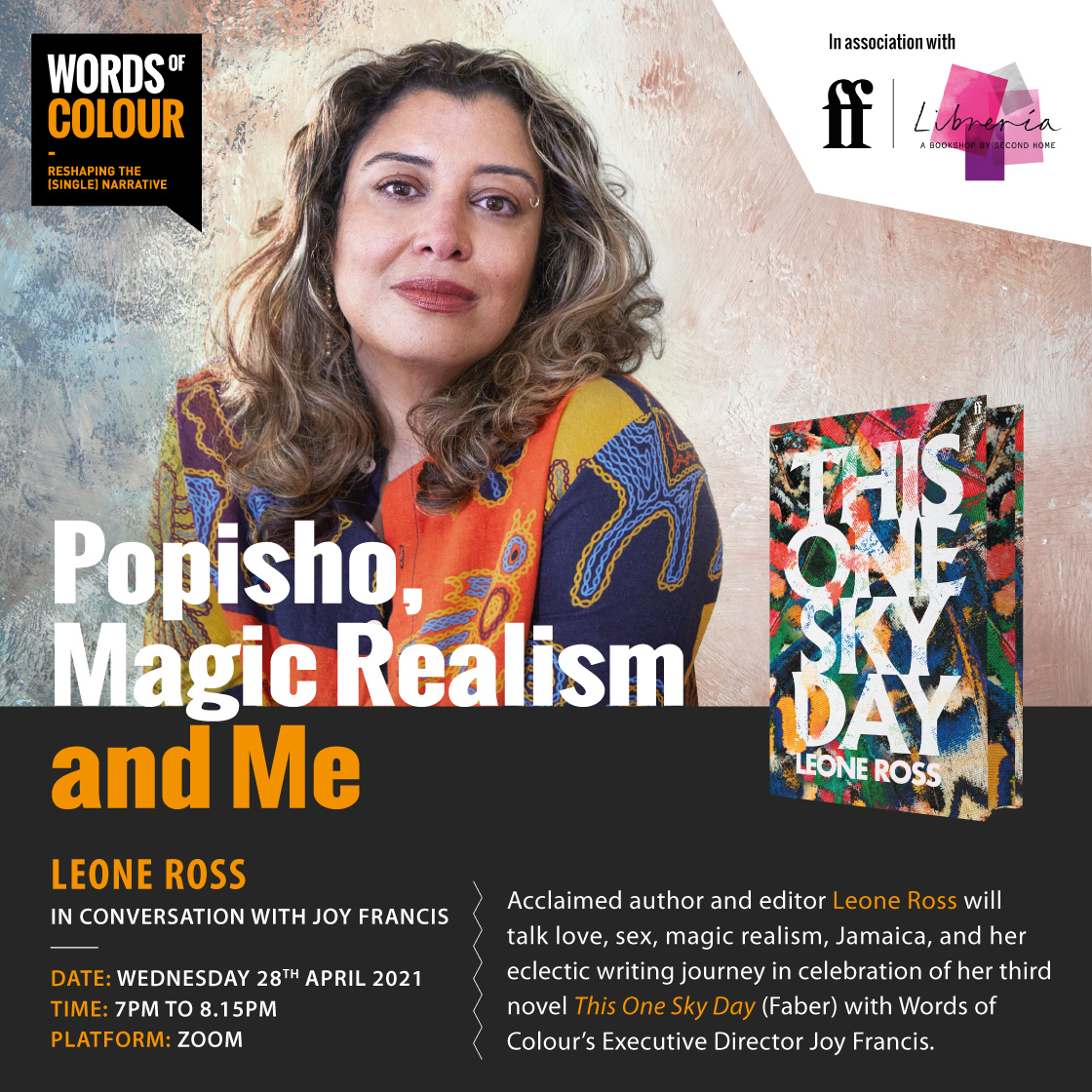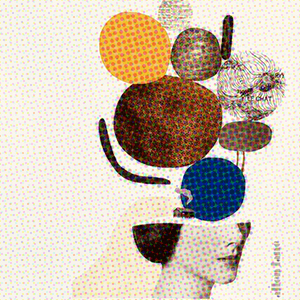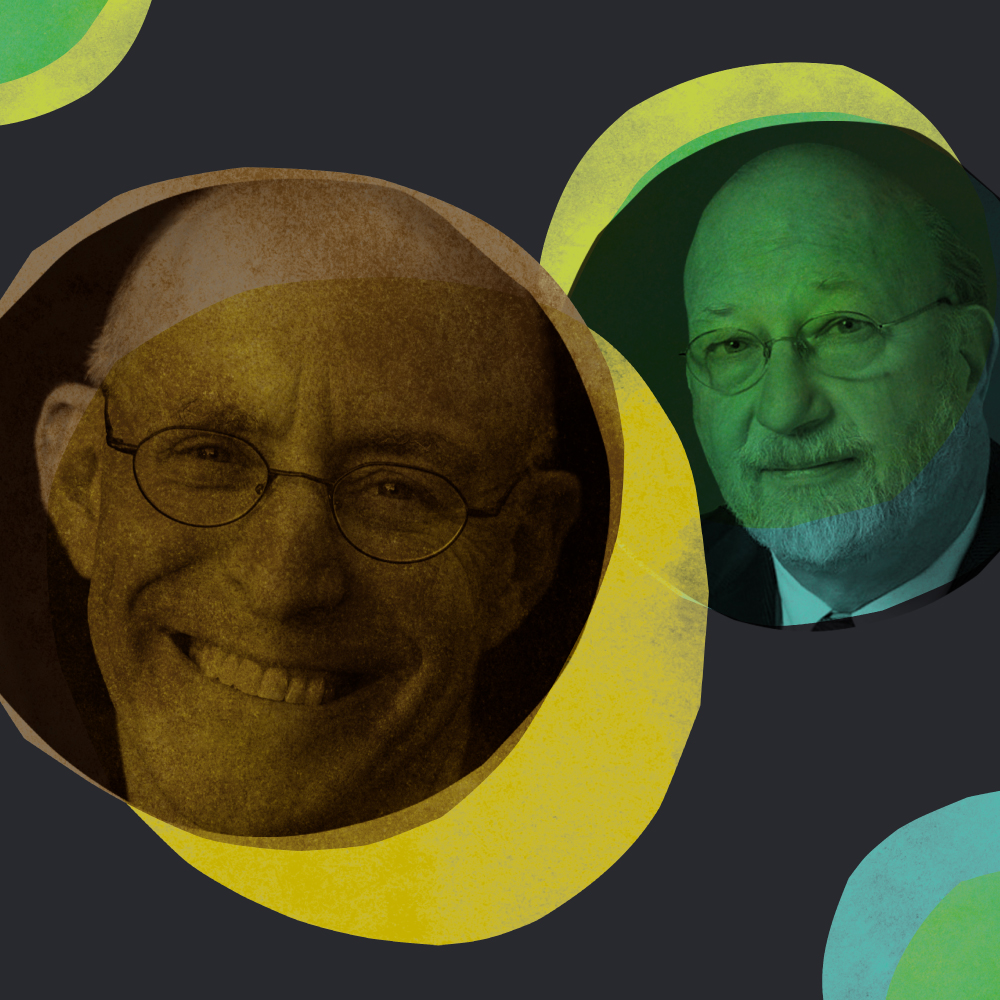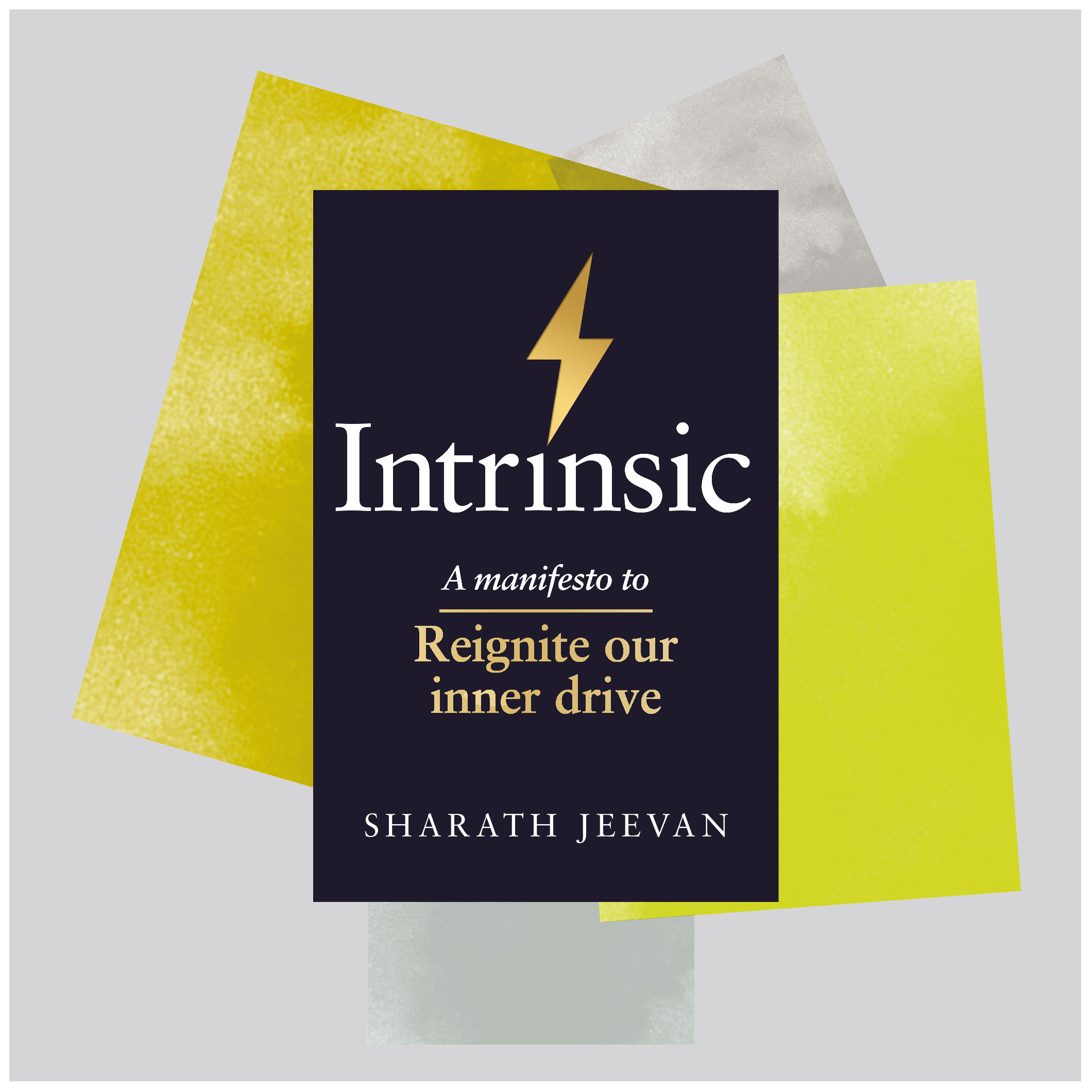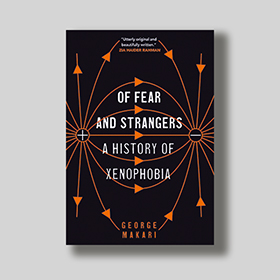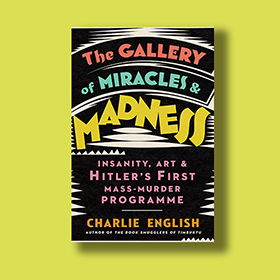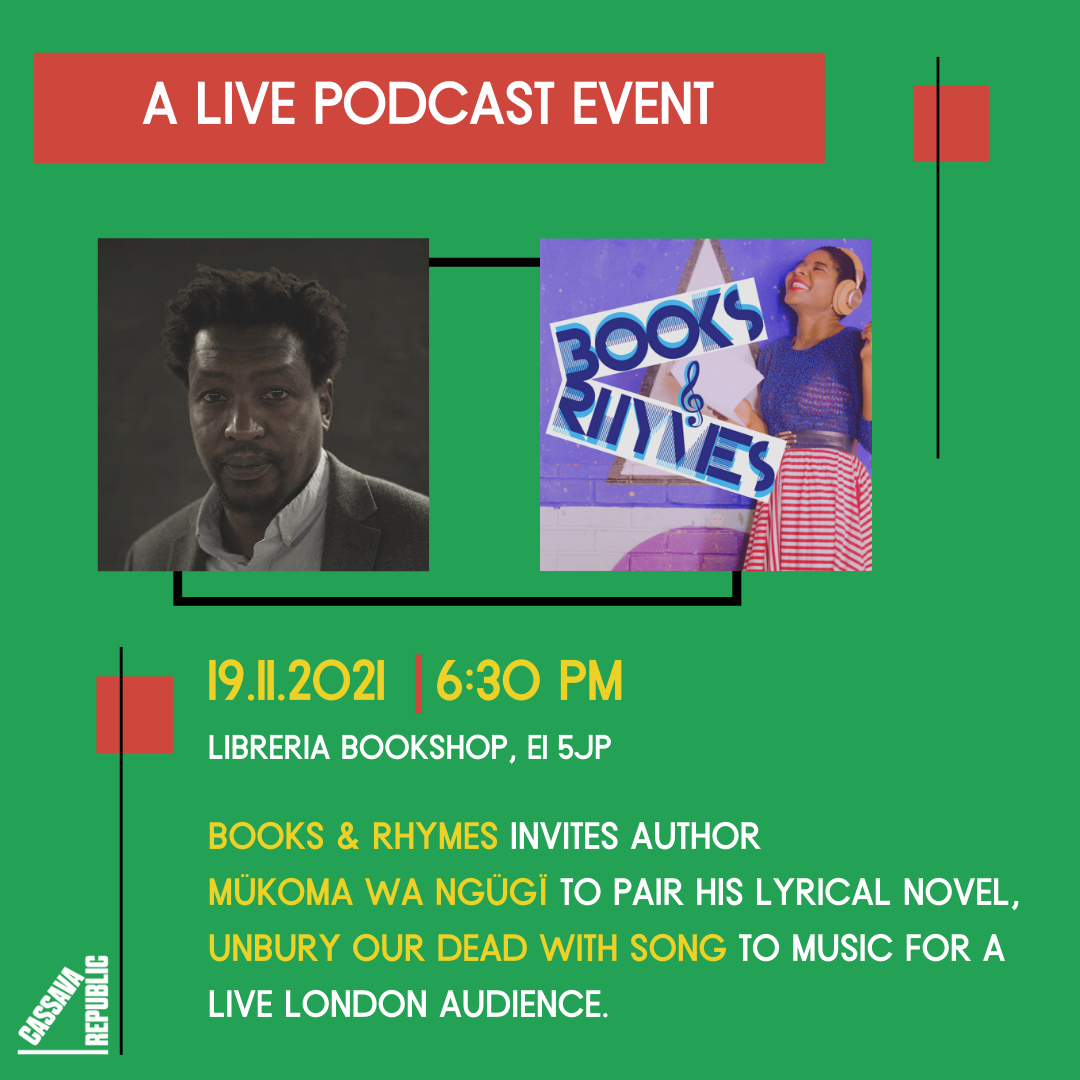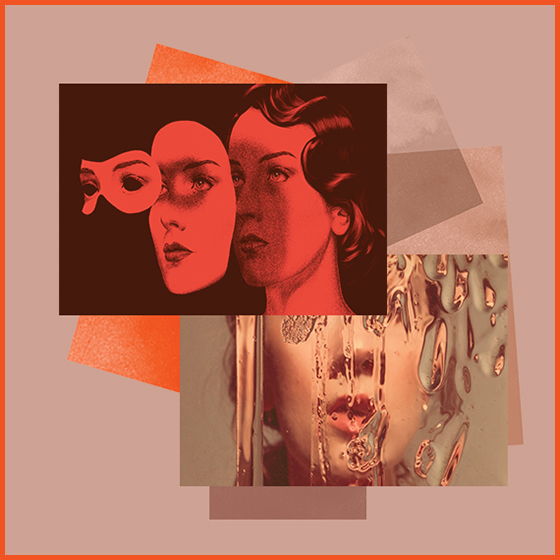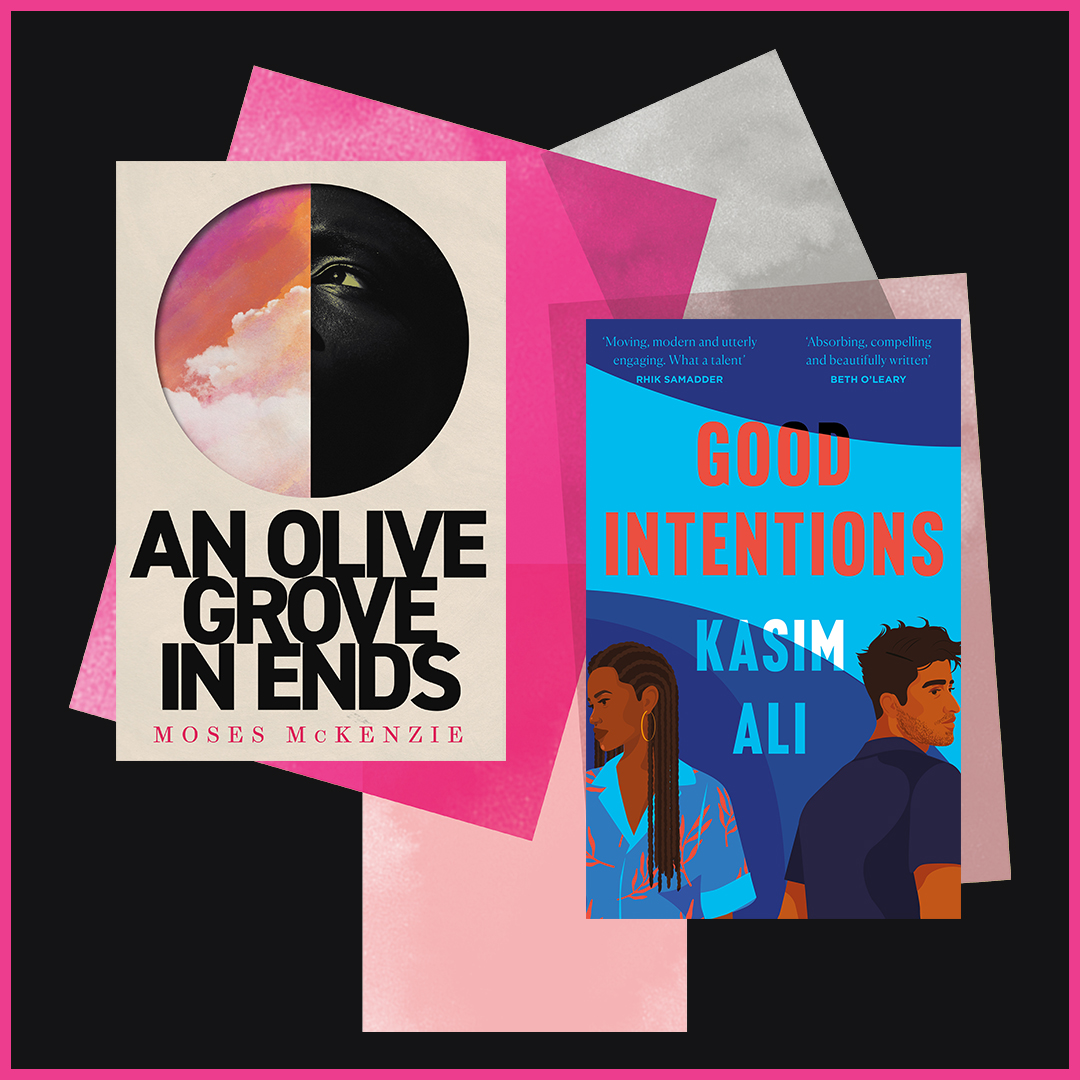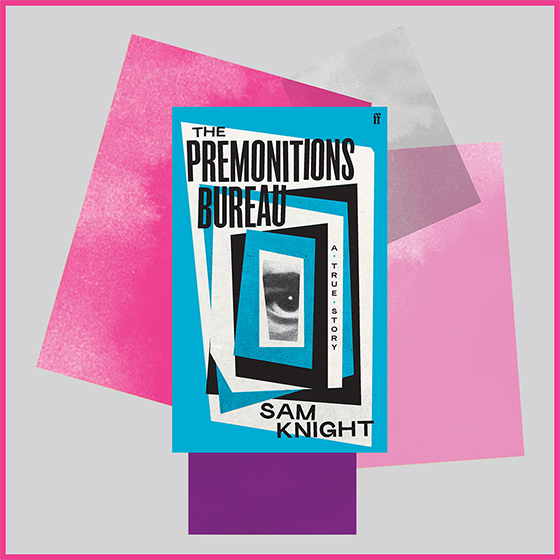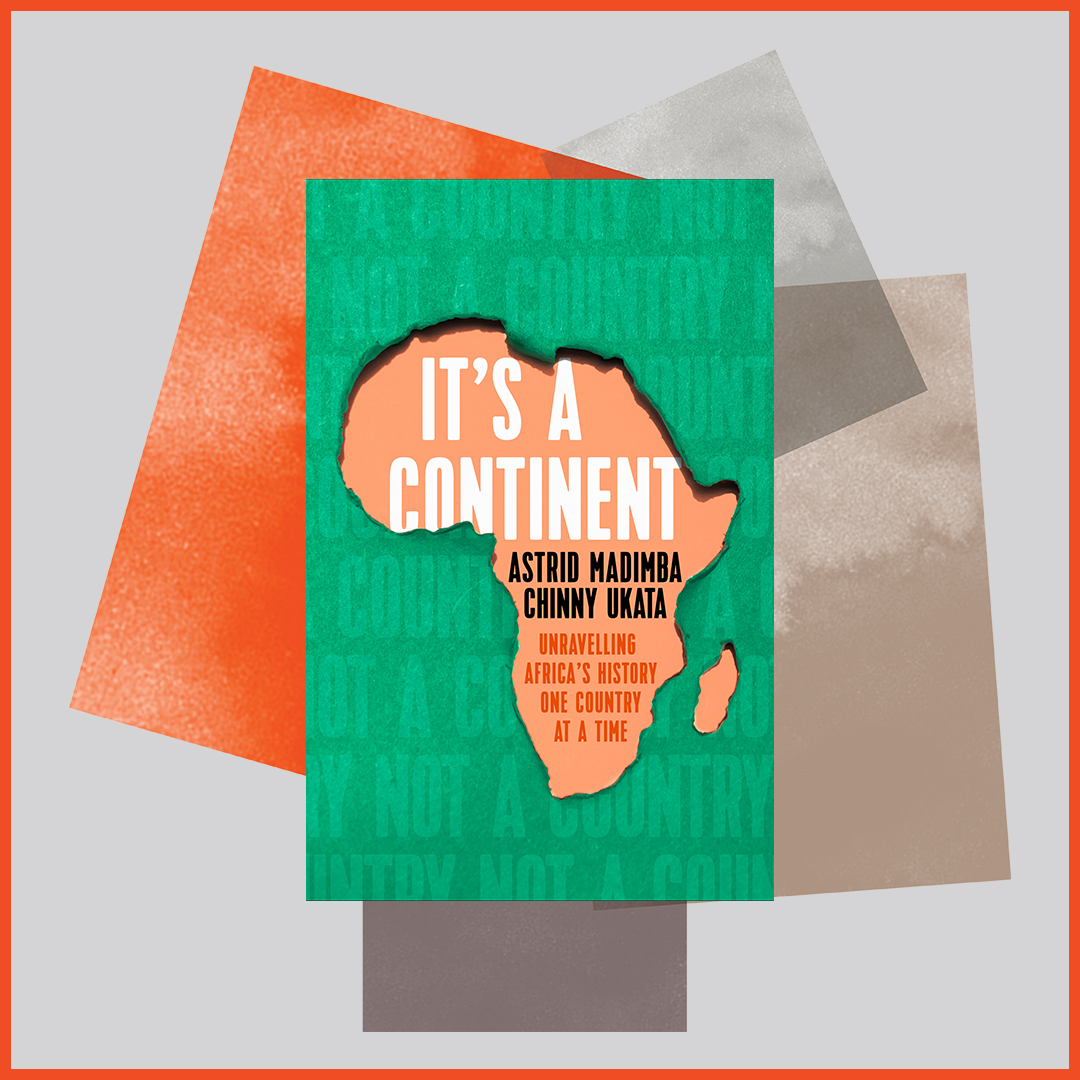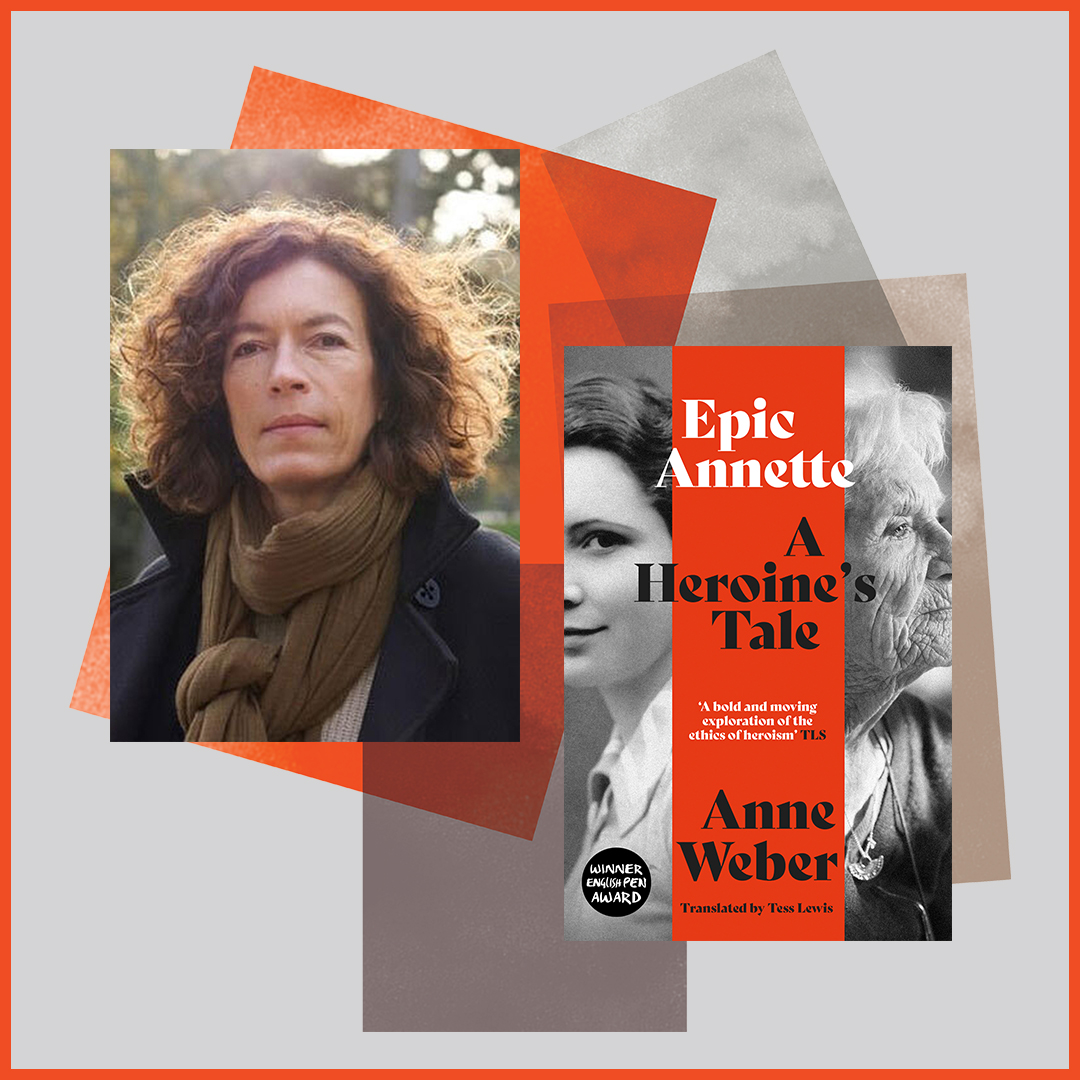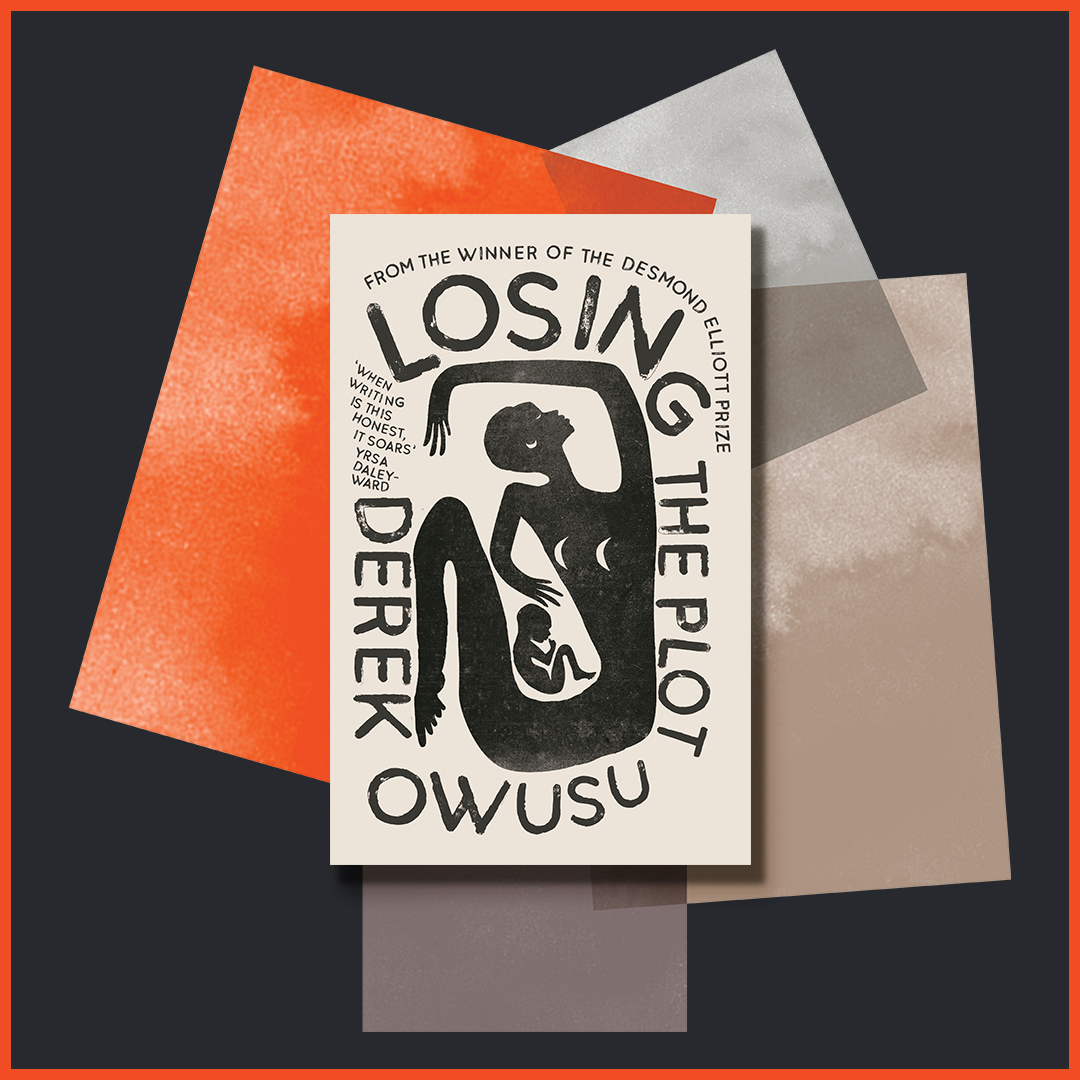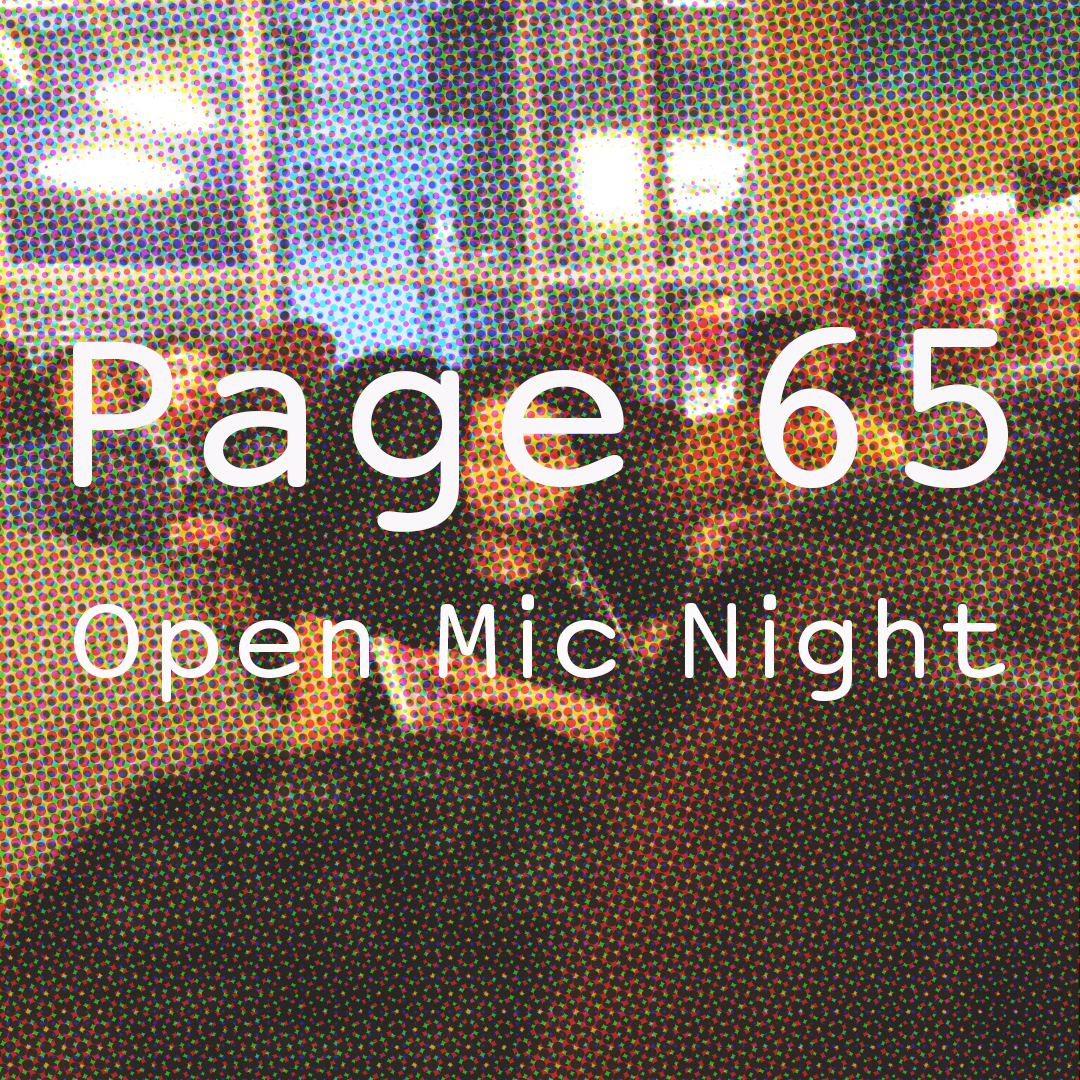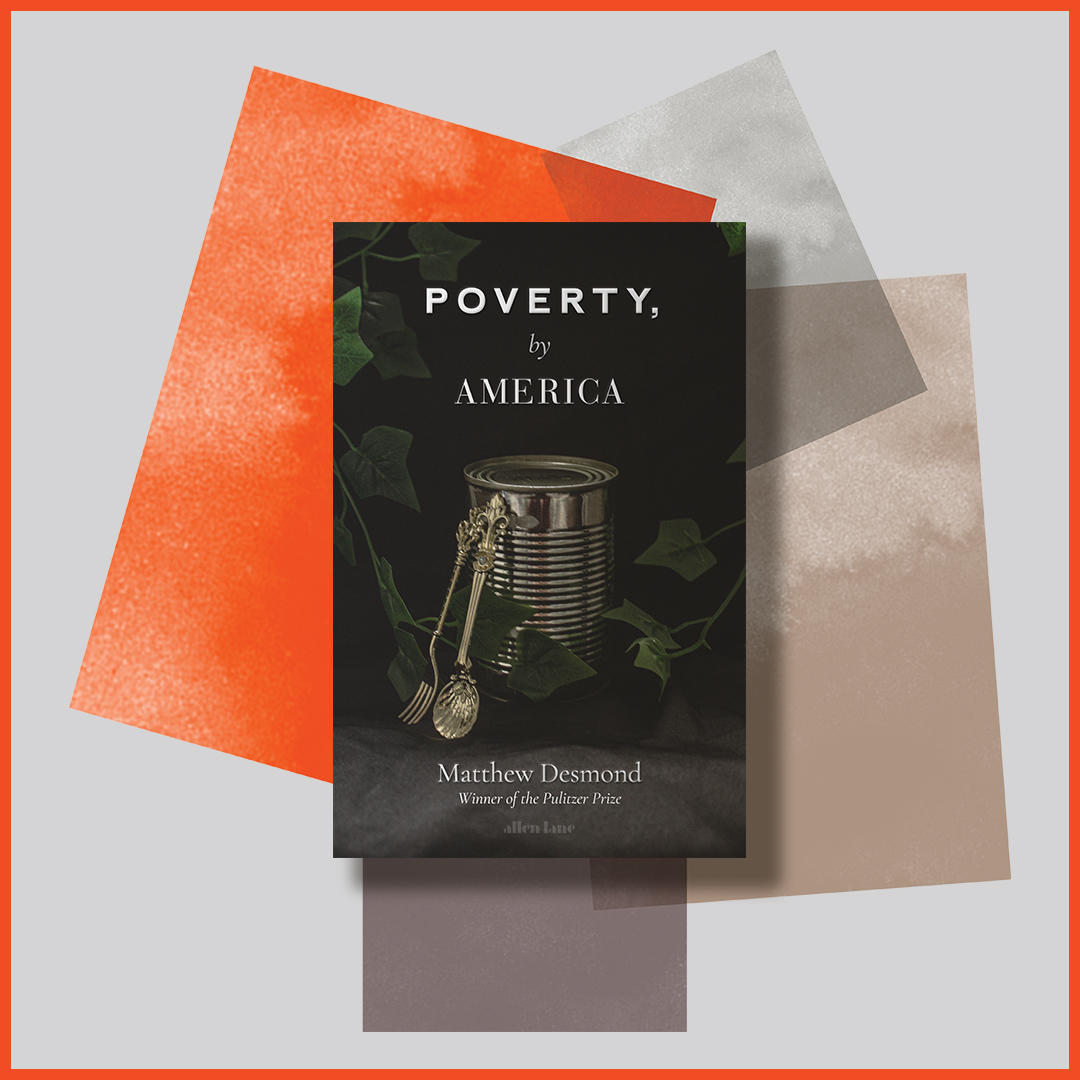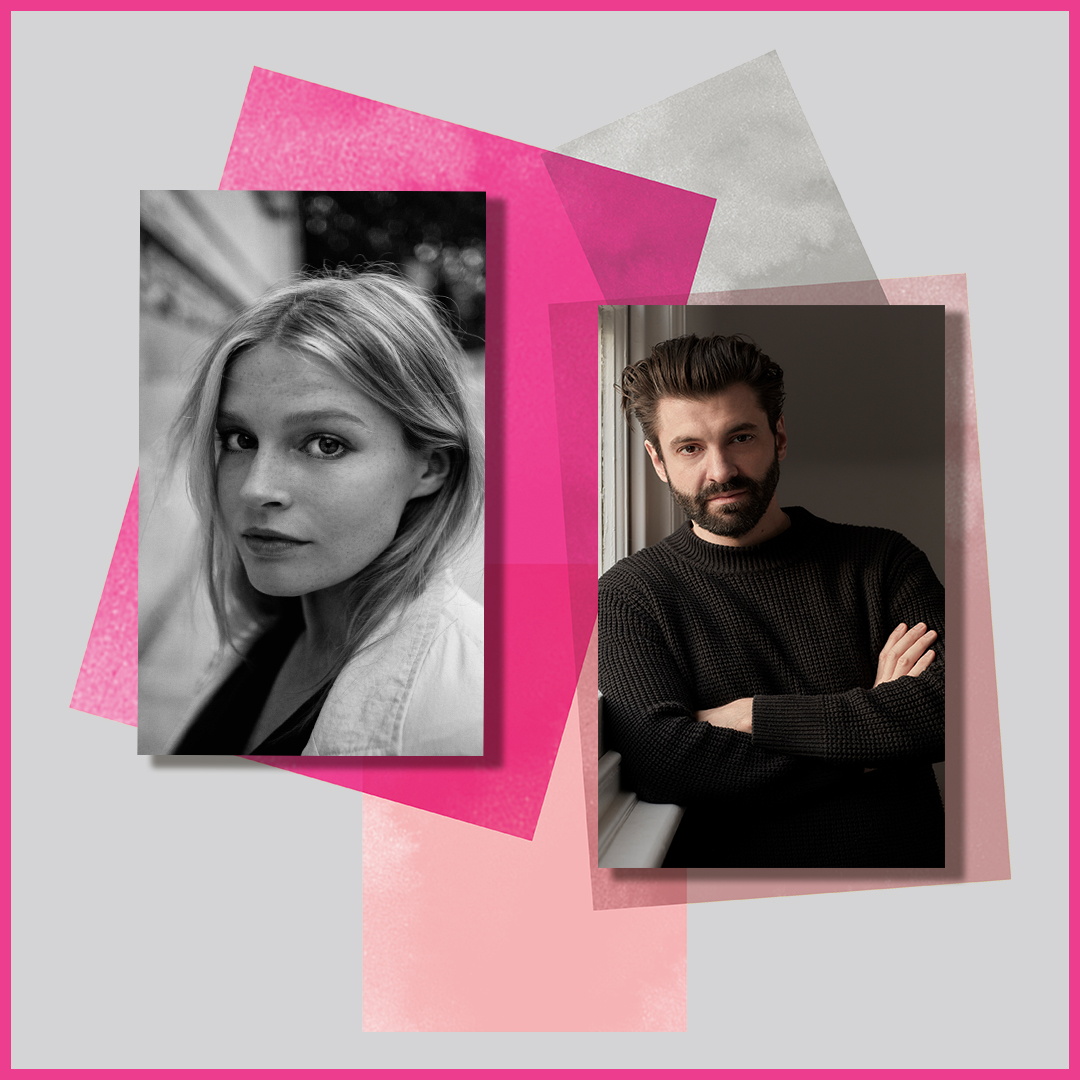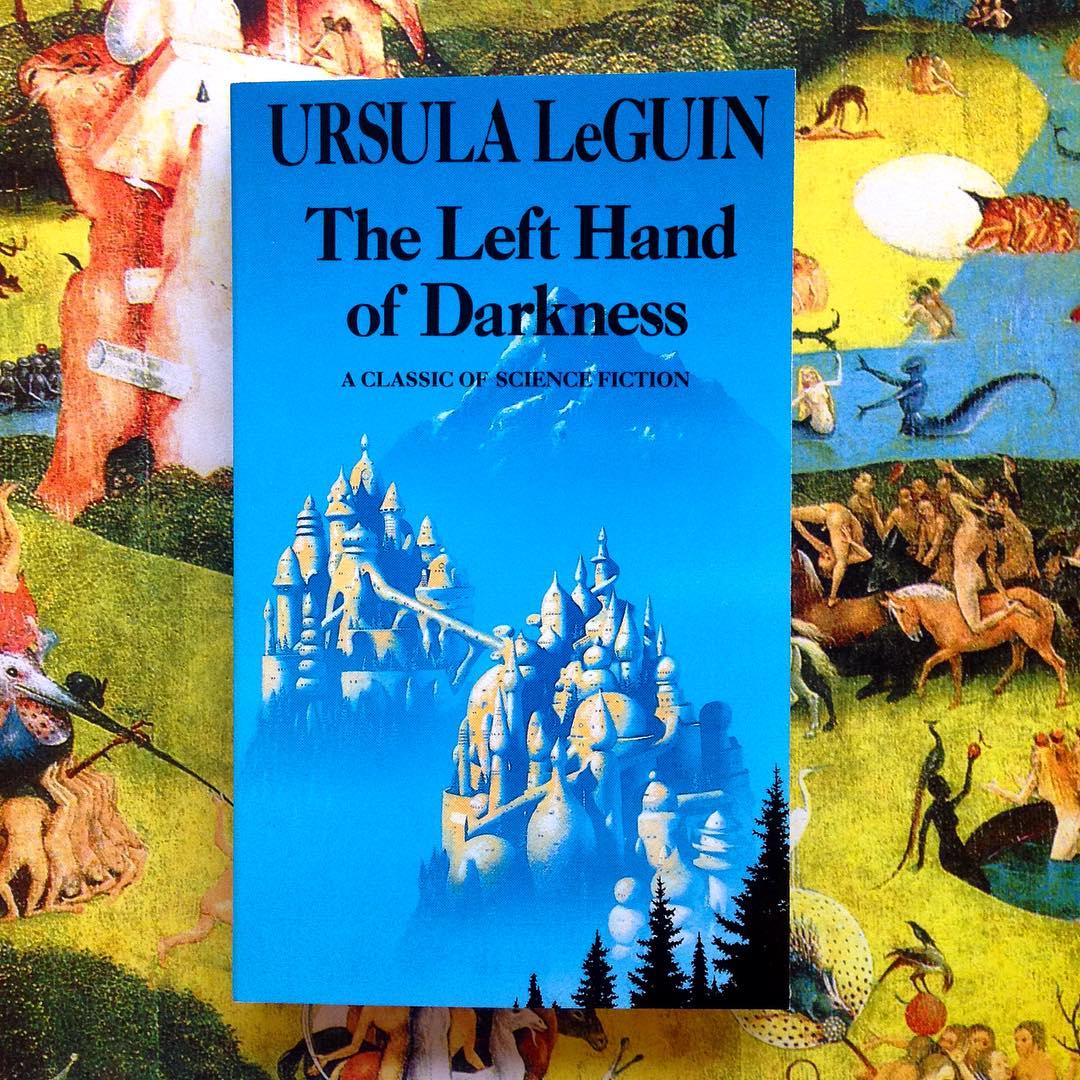
The Left Hand of Darkness: Ursula LeGuin Reading Ursula LeGuin will change your life. This excellent interview in the Paris Review offers an insight into the psyche of a visionary: “No single work did more to upend the genre’s conventions than The Left Hand of Darkness (1969). In this novel, her fourth, Le Guin imagined a world whose human inhabitants have no fixed gender: their sexual roles are determined by context and express themselves only once every month. The form of the book is a mosaic of primary sources, an interstellar ethnographer’s notebook, ranging from matter-of-fact journal entries to fragments of alien myth. […] INTERVIEWER How do you feel about the term science fiction, as connected to your work? LE GUIN Well, that’s very complicated, Wray. INTERVIEWER I’m sorry. Are you at peace with it? Do you find it reductive? LE GUIN I don’t think science fiction is a very good name for it, but it’s the name that we’ve got. It is different from other kinds of writing, I suppose, so it deserves a name of its own. But where I can get prickly and combative is if I’m just called a sci-fi writer. I’m not. I’m a novelist and poet. Don’t shove me into your damn pigeonhole, where I don’t fit, because I’m all over. My tentacles are coming out of the pigeonhole in all directions.” Read the full interview here: http://bit.ly/2mNWZ6K
-
The Left Hand of Darkness: Ursula LeGuin
Reading Ursula LeGuin will change your life. This excellent interview in the Paris Review offers an insight into the psyche of a visionary: “No single work did more to upend the genre’s conventions than The Left Hand of Darkness (1969). In this novel, her fourth, Le Guin imagined a world whose human inhabitants have no fixed gender: their sexual roles are determined by context and express themselves only once every month. The form of the book is a mosaic of primary sources, an interstellar ethnographer’s notebook, ranging from matter-of-fact journal entries to fragments of alien myth. […]
INTERVIEWER
How do you feel about the term science fiction, as connected to your work?
LE GUIN
Well, that’s very complicated, Wray.
INTERVIEWER
I’m sorry. Are you at peace with it? Do you find it reductive?
LE GUIN
I don’t think science fiction is a very good name for it, but it’s the name that we’ve got. It is different from other kinds of writing, I suppose, so it deserves a name of its own. But where I can get prickly and combative is if I’m just called a sci-fi writer. I’m not. I’m a novelist and poet. Don’t shove me into your damn pigeonhole, where I don’t fit, because I’m all over. My tentacles are coming out of the pigeonhole in all directions.”
Read the full interview here: http://bit.ly/2mNWZ6K
#libreriarecommends #libtriptych #libreria #leguin #ursulaleguin #lefthandofdarkness #scifi
The Left Hand of Darkness: Ursula LeGuin
Reading Ursula LeGuin will change your life. This excellent interview in the Paris Review offers an insight into the psyche of a visionary: “No single work did more to upend the genre’s conventions than The Left Hand of Darkness (1969). In this novel, her fourth, Le Guin imagined a world whose human inhabitants have no fixed gender: their sexual roles are determined by context and express themselves only once every month. The form of the book is a mosaic of primary sources, an interstellar ethnographer’s notebook, ranging from matter-of-fact journal entries to fragments of alien myth. […]
INTERVIEWER
How do you feel about the term science fiction, as connected to your work?
LE GUIN
Well, that’s very complicated, Wray.
INTERVIEWER
I’m sorry. Are you at peace with it? Do you find it reductive?
LE GUIN
I don’t think science fiction is a very good name for it, but it’s the name that we’ve got. It is different from other kinds of writing, I suppose, so it deserves a name of its own. But where I can get prickly and combative is if I’m just called a sci-fi writer. I’m not. I’m a novelist and poet. Don’t shove me into your damn pigeonhole, where I don’t fit, because I’m all over. My tentacles are coming out of the pigeonhole in all directions.”
Read the full interview here: http://bit.ly/2mNWZ6K
#libreriarecommends #libtriptych #libreria #leguin #ursulaleguin #lefthandofdarkness #scifi

